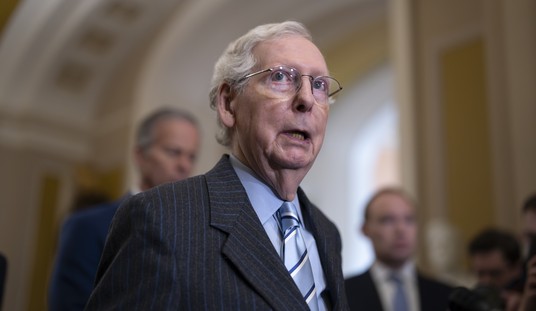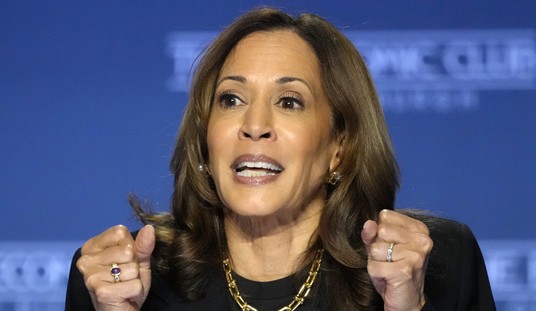Over the course of the last two years, Barack Obama’s union appointees at the National Labor Relations Board have been waging a war against America’s union-free workplace. While the NLRB’s prosecution of the Boeing Company for the alleged “crime” of opening a non-union pant in South Carolina captured much media attention, when taken in their totality, the less-reported decisions and rule-making that Obama’s appointees have issued is, to America’s union-free workplace, akin to a death by a thousand cuts.
Although the NLRB’s so-called ambush election rule was recently (and temporarily) struck down by a federal court, as long as unions control the NLRB, its return is only a matter of time.
One decision, though, that the NLRB issued last year that has been discussed with little understanding by the general public (including many small businesses) is the ability for unions to now unionize “micro unions (or units).”
Simply put, the NLRB now allows small, distinct groups of employees to unionize within a workplace, even if the vast majority of employees working around the small group don’t want to unionize. Further, under the NLRB’s new, micro-union concept, it is very easy for multiple unions to now unionize multiple small distinct groups of employees.
Now, under a recent decision under the NLRB’s Region 2 in New York City, the NLRB has ruled that the shoe salespeople within a large department store are eligible to vote to unionize, despite the fact that the entire store is populated by salespeople.
In New York City, Local 1102 of the Retail, Wholesale Department Store Union has targeted the shoe salespeople on the second and fifth floors for unionization at Neiman Marcus’ Bergdorf Goodman store. While Bergdorf Goodman argued that, if there is to be a union, all salespeople should have the right to vote, the NLRB disagrees.
According to the NLRB’s reasoning: The (union) petitioned-for unit is an appropriate unit for the purposes of collective bargaining.
While the election has yet to be held and, therefore, its outcome unknown, if the union does win, Bergdorf Goodman’s shoe shoppers will be entering a union shop on the second and fifth floors and union-free shops on the first, third and fourth when shopping for everything else.
If a contract is reached, when asking for assistance, may end up getting the proverbial union saying: “It’s not in my job description.” And, in the alternative, if the union strikes, shoppers (and union-free salespeople) would have the experience of crossing a union picket line populated by disgruntled shoe sales people.
Of course, to the union and its organizers (who are mere salespeople themselves), the purpose of micro units are simple: To get the camel’s nose in the tent.
Since smaller units are easier to unionize, union bosses and their organizers know that the way to unionize a company “wall to wall” is to start small and expand their presence from within.
When speaking to public audiences and employer groups to explain how the Obama NLRB is imposing a ‘death by a thousand cuts’ on America’s union free workplace, I often use the following analogy to explain how devastating the NLRB’s “micro union” (or micro units) decision is on employers—especially small businesses:
Imagine Mom & Pop’s Diner, which has six employees—two waitresses, two cooks, and two dishwashers. Under the Obama NLRB’s “micro-union” ruling (under last year’s Specialty Healthcare decision), each job classification (or unit) can become unionized separately. Each can have their own union, or each could be unionized into separate bargaining units, with their own individual contracts…or their own separate labor dispute (i.e., a strike or lockout).
With separate unions, the waitresses could be unionized by the Teamsters, the cooks unionized by the Culinary Union (UNITE-HERE), and the dishwashers could be unionized by the Steelworkers.
For Mom & Pop’s owners, it could very quickly become a costly, company-killing (and job destroying) nightmare.
Given the size of a Neiman Marcus (Bergdorf Goodman’s parent company), the divisiveness that the NLRB’s micro union will likely bring to the New York City store—while cumbersome and costly—it won’t likely bankrupt the company. However, to smaller businesses, micro unions can easily put smaller businesses out of business, especially if there are multiple units (or unions) within the same company.
To read the NLRB’s decision, go here.
Related:
________________
“I bring reason to your ears, and, in language as plain as ABC, hold up truth to your eyes.” Thomas Paine, December 23, 1776
Cross-posted on LaborUnionReport.com















Join the conversation as a VIP Member